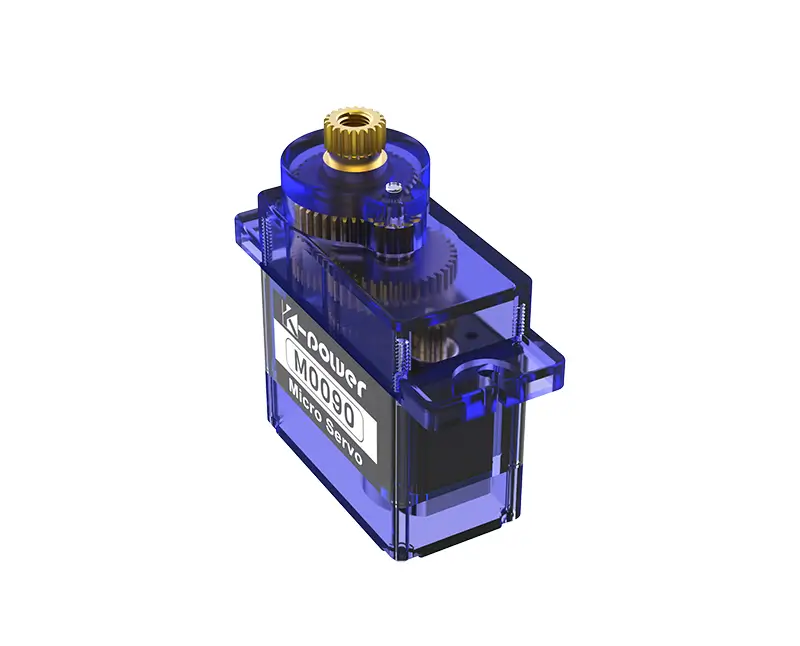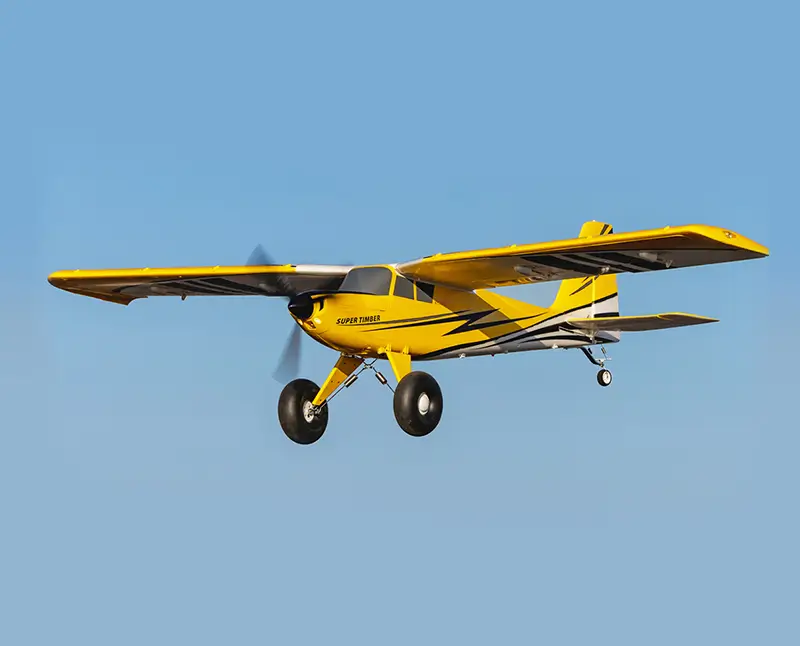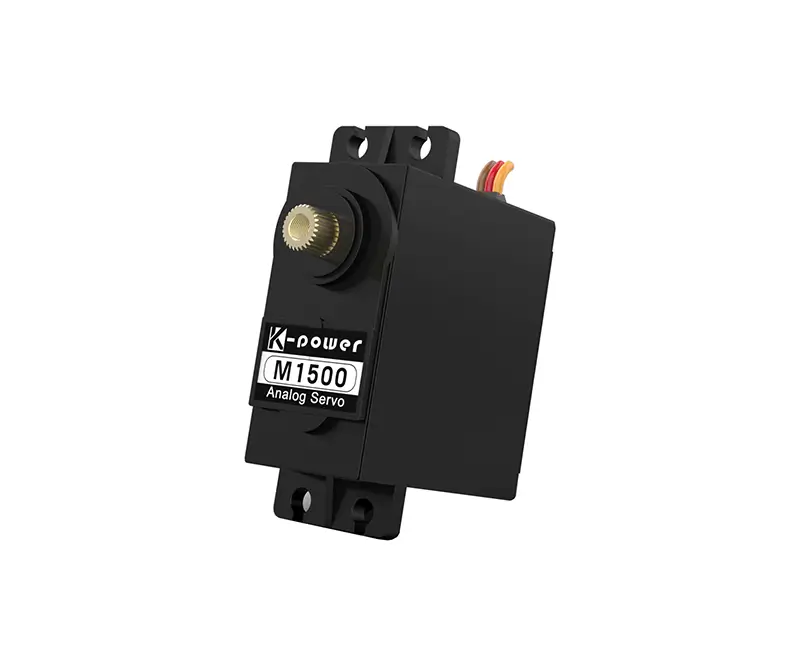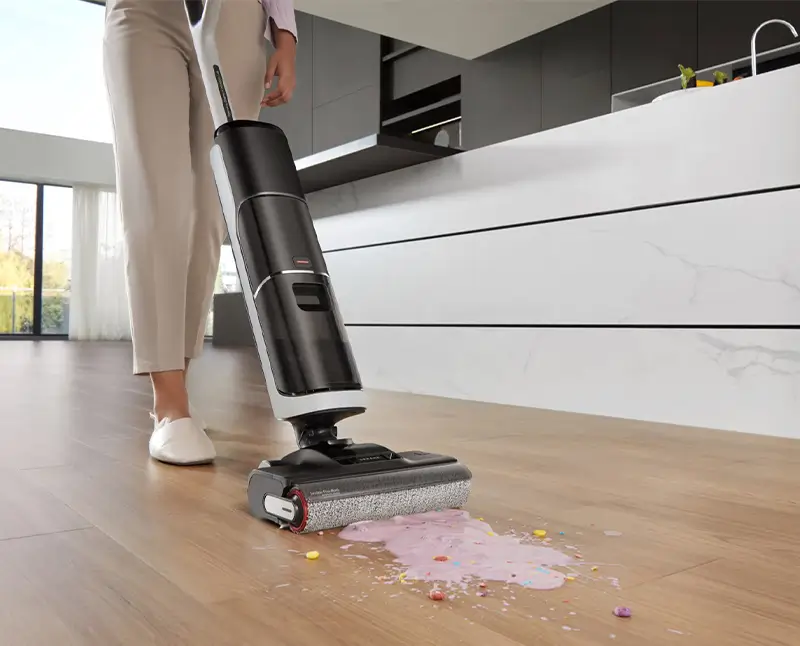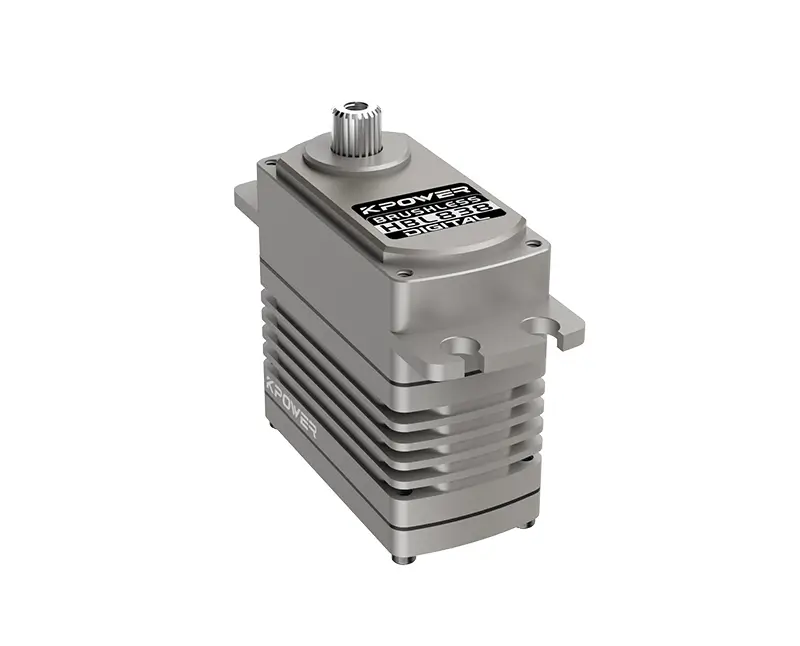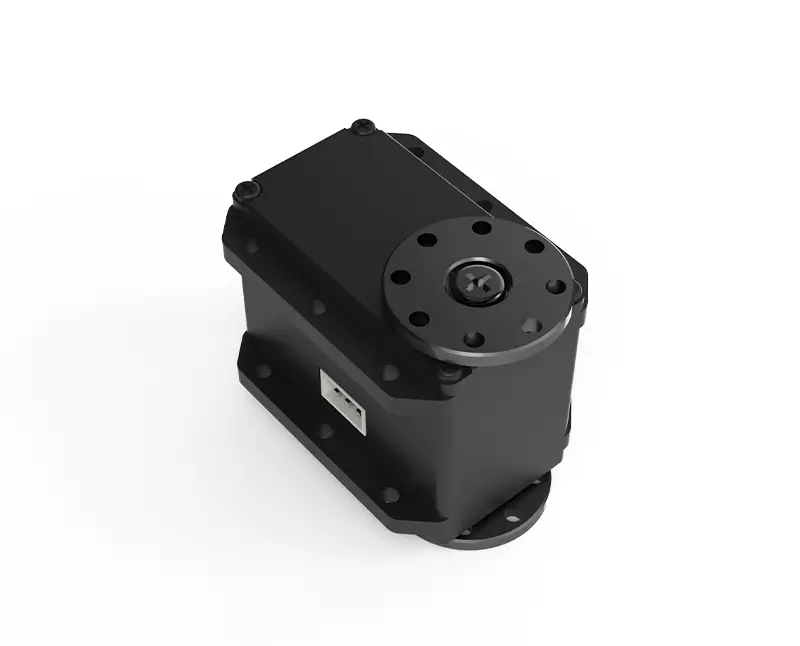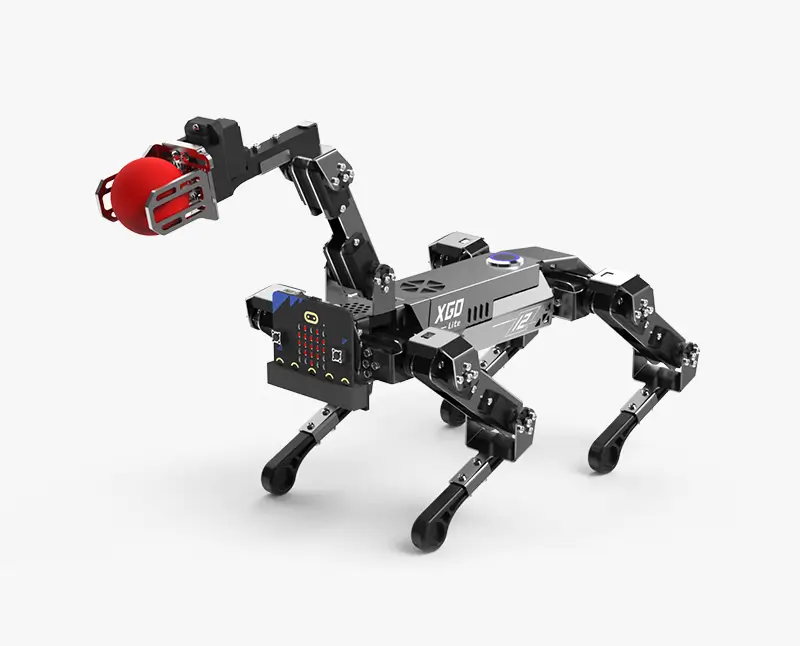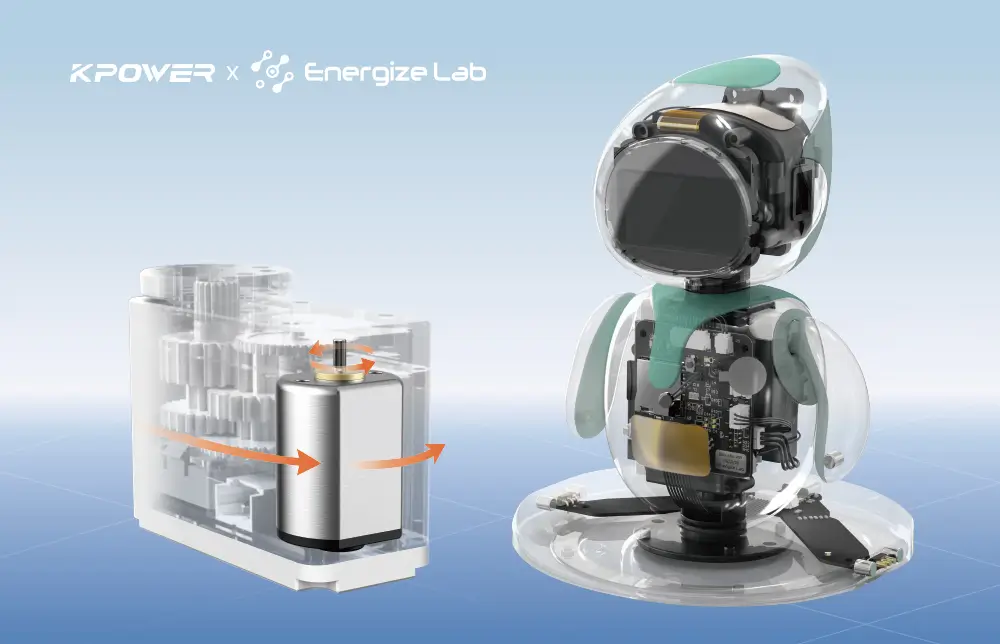Understanding RC Servo Testers and Their Importance
What Is an RC Servo Tester? An RC servo tester is a compact, indispensable tool for anyone involved in radio-controlled (RC) hobbies, robotics, or automation. Designed to simulate signals from a receiver, it allows users to test, calibrate, and troubleshoot servos without needing a transmitter or receiver. Whether you’re building a drone, tuning an RC car, or programming a robotic arm, a servo tester ensures your servos operate smoothly, accurately, and efficiently.
.webp)
Why Do You Need a Servo Tester? Servos are the muscles of your RC models, controlling movement with precision. However, even the best servos can malfunction or require calibration. A servo tester eliminates guesswork by:
Saving Time: Quickly diagnose issues like jitter, dead zones, or unresponsiveness. Enhancing Precision: Fine-tune servo endpoints, center points, and speed settings. Preventing Damage: Test servos before installation to avoid stripping gears or burning motors. Simplifying Workflows: Ideal for bench testing multiple servos simultaneously.
Key Features of the Best RC Servo Testers Not all servo testers are created equal. Here’s what to look for when choosing the best one for your needs:
Compatibility The best servo testers support a wide range of servo types, including analog, digital, and brushless servos. Ensure compatibility with standard PWM (Pulse Width Modulation) signals (e.g., 50Hz to 330Hz) and voltage ranges (4.8V–7.4V).
Display and Interface A clear LCD or OLED screen simplifies adjustments. Look for models with intuitive buttons or dials for adjusting pulse width, frequency, and sweep patterns.
Programmable Functions Advanced testers offer programmable features like:
Sweep Modes: Simulate gradual servo movement. Speed Control: Adjust rotation speed for testing slow/fast transitions. Endpoint Calibration: Set custom travel limits to prevent over-rotation.
Build Quality and Portability Durable construction ensures longevity, while a compact design makes it easy to carry in your toolkit.
Power Options Some testers include a built-in battery or support external power sources (e.g., 2S LiPo batteries), eliminating reliance on USB or receiver power.
Top Contenders in 2024 Here are three standout models that exemplify the features above:
HobbyKing Digital Servo Tester A budget-friendly option with a bright LCD, adjustable pulse width (500–2500µs), and support for analog/digital servos.
Turnigy Servo and ESC Tester Versatile and rugged, this tester includes ESC (Electronic Speed Controller) calibration and a 3-channel mode for testing multiple servos at once.
PowerHD ST-1 Servo Tester Premium pick with OLED display, programmable memory slots, and brushless servo support.
Why Precision Matters In RC hobbies, even a 1% deviation in servo movement can lead to catastrophic failures—like a drone losing stability or a robot arm missing its target. A high-quality servo tester ensures your equipment performs flawlessly, whether you’re racing, flying, or competing.
In-Depth Reviews and How to Choose the Perfect Servo Tester
In-Depth Reviews of Top Servo Testers
HobbyKing Digital Servo Tester Pros: Affordable, lightweight, and user-friendly. Perfect for beginners. Cons: Limited advanced features; no brushless servo support. Best For: Casual hobbyists needing basic testing and centering. Turnigy Servo and ESC Tester Pros: Multi-functional (servo + ESC testing), durable metal casing, 3-channel mode. Cons: Bulkier design; menu navigation can be clunky. Best For: RC car and airplane enthusiasts requiring dual functionality. PowerHD ST-1 Servo Tester Pros: High-resolution OLED, brushless compatibility, 10 programmable presets. Cons: Pricier than competitors; steeper learning curve. Best For: Professionals and advanced users needing precision and customization.
How to Choose the Best RC Servo Tester Follow these steps to find your ideal match:
Assess Your Needs Beginners: Prioritize ease of use and affordability. Advanced Users: Opt for programmable features and brushless support. Professionals: Invest in rugged build quality and multi-channel testing.
Check Compatibility Verify that the tester works with your servo types (e.g., analog vs. digital) and voltage requirements.
Test Key Functions Look for:
Manual vs. Automatic Modes: Manual control for real-time adjustments vs. automatic sweeps. Pulse Width Adjustment: Ensure fine-tuning capability (e.g., 1µs increments). Frequency Range: Higher frequencies (e.g., 333Hz) suit digital servos. Consider Expandability Some testers, like the PowerHD ST-1, allow firmware updates or add-ons for future-proofing.
Pro Tips for Using a Servo Tester
Calibrate Regularly: Recalibrate servos after crashes or upgrades. Use External Power: Avoid brownouts by powering the tester separately from your receiver. Test Under Load: Attach servo horns and simulate real-world stress to identify weak points.
The Future of Servo Testers As RC technology evolves, servo testers are integrating Bluetooth connectivity, smartphone apps, and AI-driven diagnostics. Imagine a tester that automatically detects servo faults or syncs calibration data to the cloud! While these innovations are emerging, today’s best testers already offer unparalleled control and reliability.
Final Thoughts A high-quality RC servo tester isn’t just a tool—it’s an investment in precision, safety, and performance. Whether you’re tweaking a backyard RC car or engineering a competition-grade drone, the right tester ensures your servos deliver flawless results every time. By understanding your needs and choosing a model that balances features, durability, and value, you’ll unlock the full potential of your RC projects.
This guide equips you with the knowledge to navigate the world of servo testers confidently. Ready to elevate your RC experience? Your perfect servo tester awaits!


































.webp)
